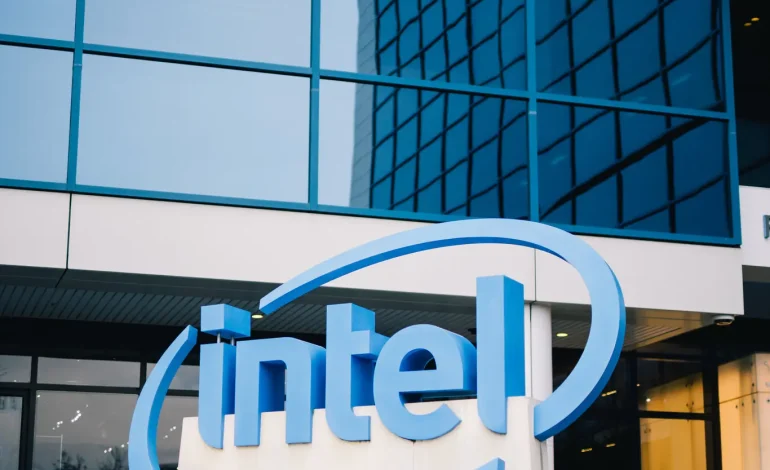The Trump administration’s surprise move to buy a 10% stake in Intel is drawing fire from both conservatives and economists, who say Uncle Sam creeping into corporate ownership could send the US sliding toward “state capitalism” — or worse, cronyism on steroids.
The $8.9 billion purchase, announced just weeks after Trump publicly called for Intel’s CEO to resign, makes Washington one of the company’s biggest shareholders. The White House says it’s all about securing America’s lead in the chip wars with China. Critics see something else entirely: the government picking winners and losers.
“ARE you effing kidding me? We are going past 1984 into Animal Farm territory at this point,” fumed Adam Posen, head of the Peterson Institute for International Economics, on X. “Did anyone vote for this? Anyone?”
Trump argues the US needs to cut dependence on overseas chips, especially with AI becoming the next economic battleground. Commerce Secretary Howard Lutnick called it a “fair deal” since taxpayers already backed Intel through the Biden-era CHIPS and Science Act.
“We should get an equity stake for our money,” he told CNBC.
But Intel isn’t exactly a poster child for innovation these days. The company lost nearly $19 billion last year and another $3.7 billion in the first half of 2025. Once dominant, it’s now struggling against AMD and Nvidia in the high-stakes AI chip race.
“Even if you think government should be investing in companies, Intel is not a lean, mean, innovating machine,” said Scott Lincicome, a trade policy expert at the libertarian Cato Institute. “It’s just the one with the best lobbyists.”
For many on the right, the Intel deal smacks of the very thing they accuse Democrats of doing: propping up failing companies with taxpayer cash.
“You can’t just be against socialism when the left does it,” conservative talk radio host Erick Erickson said. “If you’re not against socialism overall, guess what? You’re going to get socialism. So if you support socialism, apparently Donald Trump is your guy.”
Daniel Di Martino, an economist at the Manhattan Institute, warned it could unleash “more cronyism, where companies underperform because they know they’ll be bailed out, and taxpayers lose billions.”
Intel itself flagged potential fallout in a federal filing, warning of “adverse reactions” from investors, partners, and even foreign governments.
Lincicome worries about political meddling:
“Will Intel build its long-delayed Ohio megafab based on economics — or government priorities? Will hiring be about merit — or political connections?”
Michael Strain at the American Enterprise Institute sees another danger: companies that need to make tough calls, like layoffs, could avoid them if they think the White House will step in.
“A lot of what keeps companies competitive is politically unpopular,” he said.
And even firms without government stakes may feel pressure. A company that needs chips could lean toward Intel to stay in Washington’s good graces, critics warn.
Trump officials insist this isn’t socialism.
“Intel agreed to give us 10% of their company, which was worth $11 billion. That’s not socialism. This is capitalism,” Lutnick said.
But many economists say it’s at least a step away from free markets.
“Socialism and free enterprise are not a switch, they are a continuum,” said Di Martino. “Partial ownership of US companies is definitely a step toward socialism.”
Strain puts it differently:
“I’d call it state capitalism. And it’s risky — history shows these moves lead to slower productivity and lower living standards.”
The closest precedent was the 2008 bailouts of banks and automakers. Then, the government argued it had no choice to prevent economic collapse. Intel, by contrast, is struggling — but the economy isn’t in crisis.
“There is no crisis, there’s certainly no war, so this is a big break from what we’ve done before,” said Lincicome. “It sends a contradictory message: we mock China’s economy for faltering, and then say we want to be more like China by buying stakes in companies.”
The White House hasn’t ruled out future deals. Kevin Hassett, Trump’s top economic adviser, hinted there could be “more transactions” in other industries. That comment set off alarm bells across Washington and Wall Street.
For critics, the Intel buy isn’t just a one-off — it’s a test case for a bigger shift in how America does capitalism.
CBS News and the New York Times contributed to this report.










The latest news in your social feeds
Subscribe to our social media platforms to stay tuned